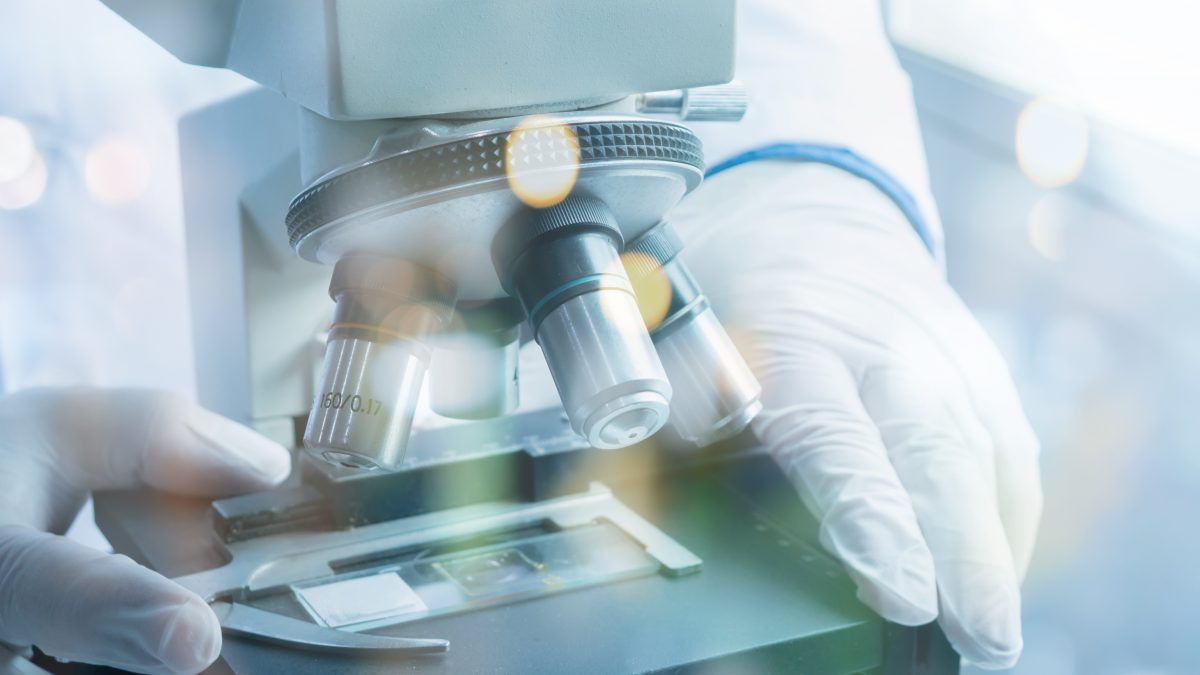Schools, colleges, and universities in Scotland can implement interactive, immersive learning experiences in virtual laboratories – using the latest methodologies and equipment – via simulated environments created by Danish firm, Labster.
Labster has developed a catalogue of more than 70 simulations in science, each with clearly defined learning outcomes, that can allow the mastery of key scientific skills and techniques. Each simulation is loaded with up-to-the-minute scientific content and puts all the theory and skill learning into context with a story-line and mission for the virtual science practitioner to navigate through.
The simulations have been developed following leading theory in the development of optimal digital learning environments, that allow students high levels of control and navigation throughout the labs. Students are able to develop their learning at their own pace and receive feedback throughout the simulations via responses to quiz questions that mark progression through the exercises.
As in a real lab, there is potential for experiments to face a hitch should the student not be following the method or protocol correctly. It provides invaluable ‘learning from error’ in a safe place, and a chance for multiple attempts at lab exercises without the cost and time incurred in setting up repeat experiments.
Importantly too, students are led through the interpretation of results and data. Teachers are able to monitor each student’s engagement, progress and development.
Research has shown that when compared with a normal teacher-lead classroom event, the simulations improve learning (knowledge gain) in high school and university students by up to 70% [1], and this improvement in attaining learning outcomes becomes even more significant when the simulations are embedded in teaching with other consolidating learning opportunities.
With the significant potential that Labster simulations have given to investigate other pedagogical impacts, further publications have provided evidence of the simulations ability to teach lab skills as well as a ‘real’ lab instructor [2]. Importantly also, significantly increased levels of motivation and self-efficacy in students has been repeatedly seen [3].
The opportunity that Labster offers to give meaningful laboratory practice to any student with internet access has been appreciated by some other big players in the education field.
In the US, Pearson has formed a partnership with Labster to use the simulations as part of the resources the publisher will provide their High School market. In addition to this, Google made a public announcement at their recent annual developer conference that they are working with the firm to provide a fully online Bachelor of Science degree in the US, facilitated by the virtual lab space that Labster provides.
Helen Gadegaard is the company’s educational specialist in the UK. “The core value of Labster is to empower students to become the next generation of scientists to change the world,” she said during a conversation at the FutureScot EduTech Conference in Glasgow last month.
“There are ‘gaps’ that we can see in many places in education – attainment gaps that are a result of socio-economic factors, or gaps that arise by cause of sheer geography, and lack of presence or access to the best learning opportunities. Digital education has the potential to close some of those gaps, and help level the field.”
With experience in science education in Scotland herself, Helen is hoping Scottish schools will be able to use Labster as a solution to a range of pain points schools are facing regarding provision of lab resources and practical experience for pupils. Those wanting to know more are warmly encouraged to make contact via the company website or email info@labster.com
- Bonde, M.T., et al., Improving biotech education through gamified laboratory simulations. Nat Biotech, 2014. 32(7): 694-697.
- Makransky, G., et al., Virtual simulations as preparation for lab exercises: assessing learning of key laboratory skills in microbiology and improvement of essential non-cognitive skills. PLOS ONE, 2016. https://doi.org/10.1371/journal.pone.0155895
- Makransky, G., et al., Simulation based virtual learning environment in medical genetics counseling: an example of bridging the gap between theory and practice in medical education. BMC Medical Education 2016. 16:98




